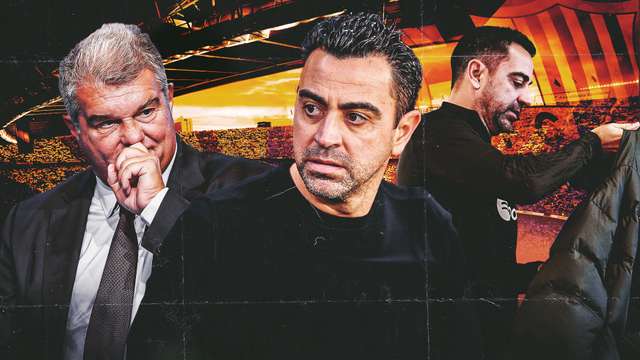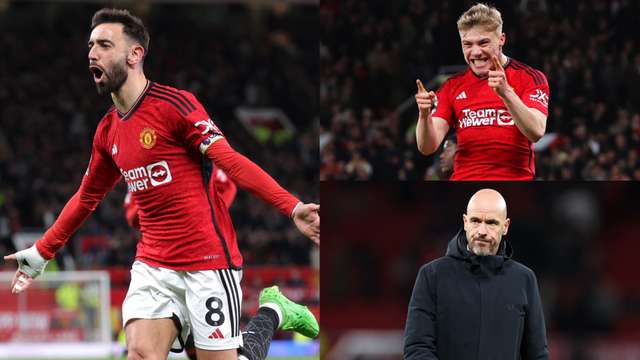For success in any team sport, the unit must be turned into a team.
At club level, this is often easier with coaches getting more time to develop teams, assign and adjust the roles of each individual in the team, and to ensure that each player understands their role and the actions required to fulfill that role.
At international level, this is more challenging, with limited time available to build a team. This process must be planned for and technical teams must get to understand their players to ensure that the communication and leadership methods they use are individualised to bring out the best in every player.
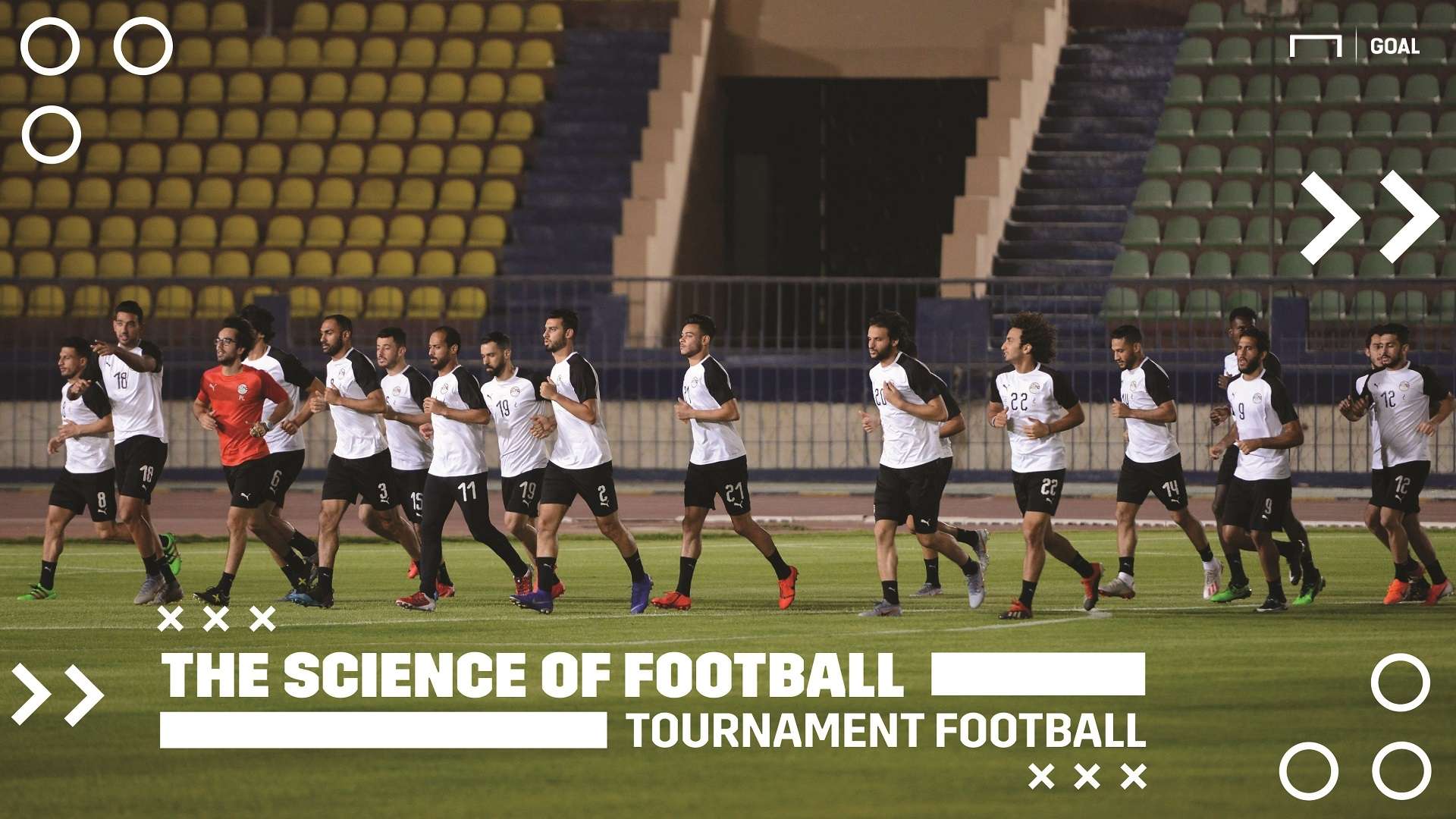 Getty/Goal
Getty/Goal
Team chemistry must be built on and off the field. One of the challenges lies in ensuring that the ‘reserve’ players are able to slot into the team and adapt to the role they will play if they are called on.
Changes in line-ups can be forced as a result of injury or suspension, tactical requirements, and form. The challenge is if teams always train as a first team vs. reserves, then any player coming into the team might not have the experience and understanding and might not gel with the rest of the team.
Solutions need to be found to ensure players have the opportunity to understand each other and learn how to play off each other’s strengths and compensate for their weaknesses in different situations.
Often fans and media speak about the players who are just there to make up the numbers. Usually, the third goalkeeper is likely to go into a tournament and not expect to play and expects limited training time in tactical sessions.
Sometimes coaches might take young players for tournaments to give them the experience, let them get an understanding and a reference point for this level of play. Other players might just be seen as back-up players.
But giving labels to players such as back-up, or reserve player can be negative. It can create disunity in the team and create an "us vs. them" mentality. It is important that players who are not playing are made to feel and treated as part of the team, they should still have a role within the squad, and communication with these players is important.
Players on the bench may pick up trends or could advise or lift the spirit of those on the team. While only 11 players able to play at any time, all players can contribute to the team performance. These players must feel valued and feel that they are trusted enough, so if they are called upon, they go into a match with confidence instead of high levels of anxiety. From the physical side, it is also important to ensure the players not playing are loaded and trained for competition.
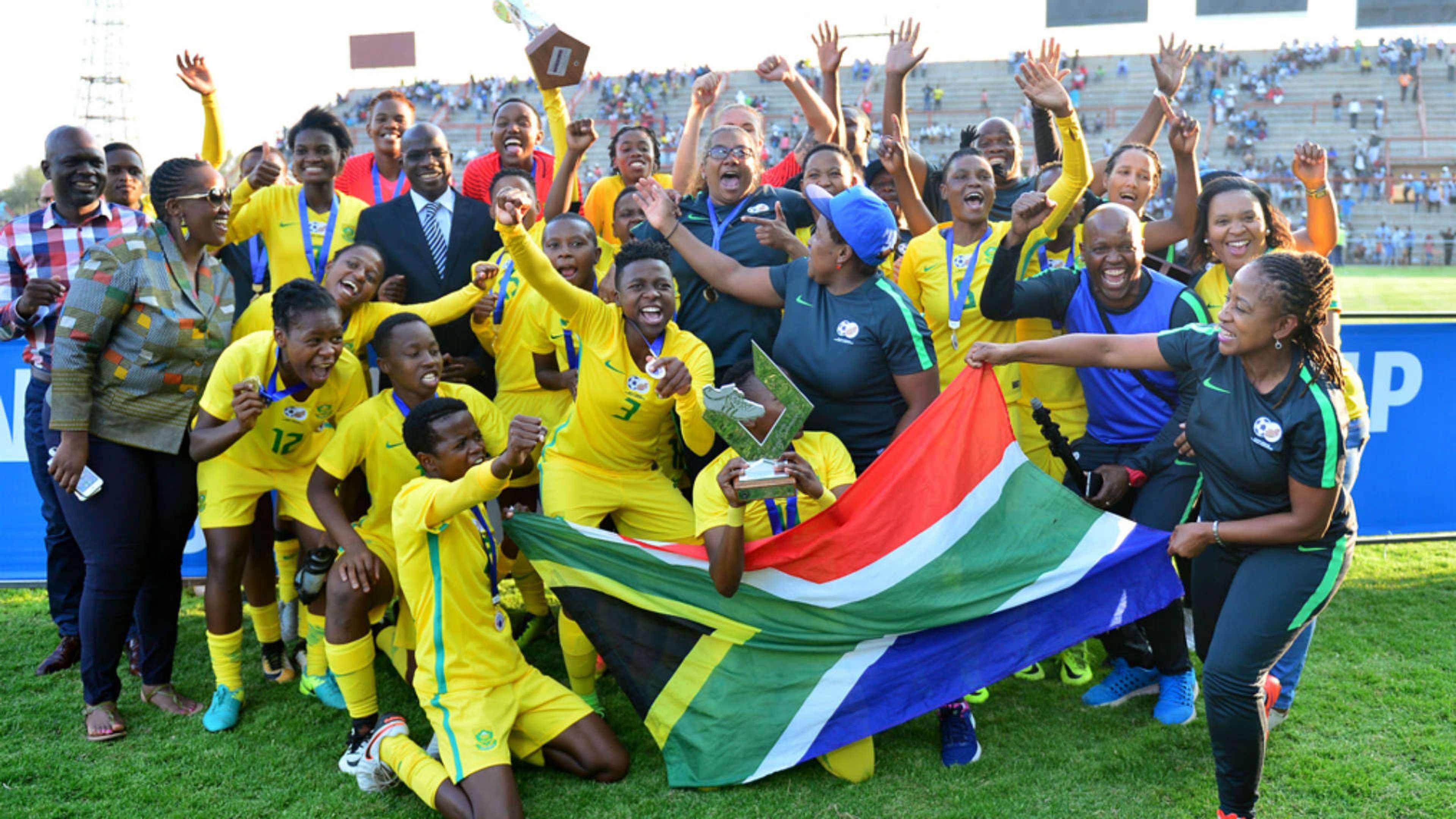 Safa media
Safa media
Momentum is a word we talk a lot about in football but during tournaments, this is more critical. There isn’t enough time to make up for bad results. During tournaments, teams have limited training time, and some of that time is required for recovery from previous matches, and there is no time for friendly matches to build the momentum after a loss.
Players and coaches need to be innovative and create situations to mentally switch off after bad results. Emotional control is key for every sport. Teams should not get too emotional where the emotion is positive or negative, because getting caught in a situation where the emotional state is too high can lead to overconfidence, or a lack of confidence and can impact adherence to training and performance in the next match. Technical teams are, therefore, required to help players develop the tools of emotional control.
A few months ago, the South African national team were criticized after pictures of players going to the beach emerged on social media. Fans began to say players don’t take the game seriously and are only there on holiday. But should a tournament really be about football all the time? Definitely not!
If players are only exposed to football, and they are required to only think about football, it is likely their performance level will drop. Switching off, is an important part of performance, sometimes even more so after a disappointing game. You want players to learn from their performances but not only focus on results.
This is a challenge for coaches today because between media and social media, players and coaches are exposed to high (and not always fair) levels of criticism and abuse. This makes it harder to switch off from the match and can lead to increased anxiety.
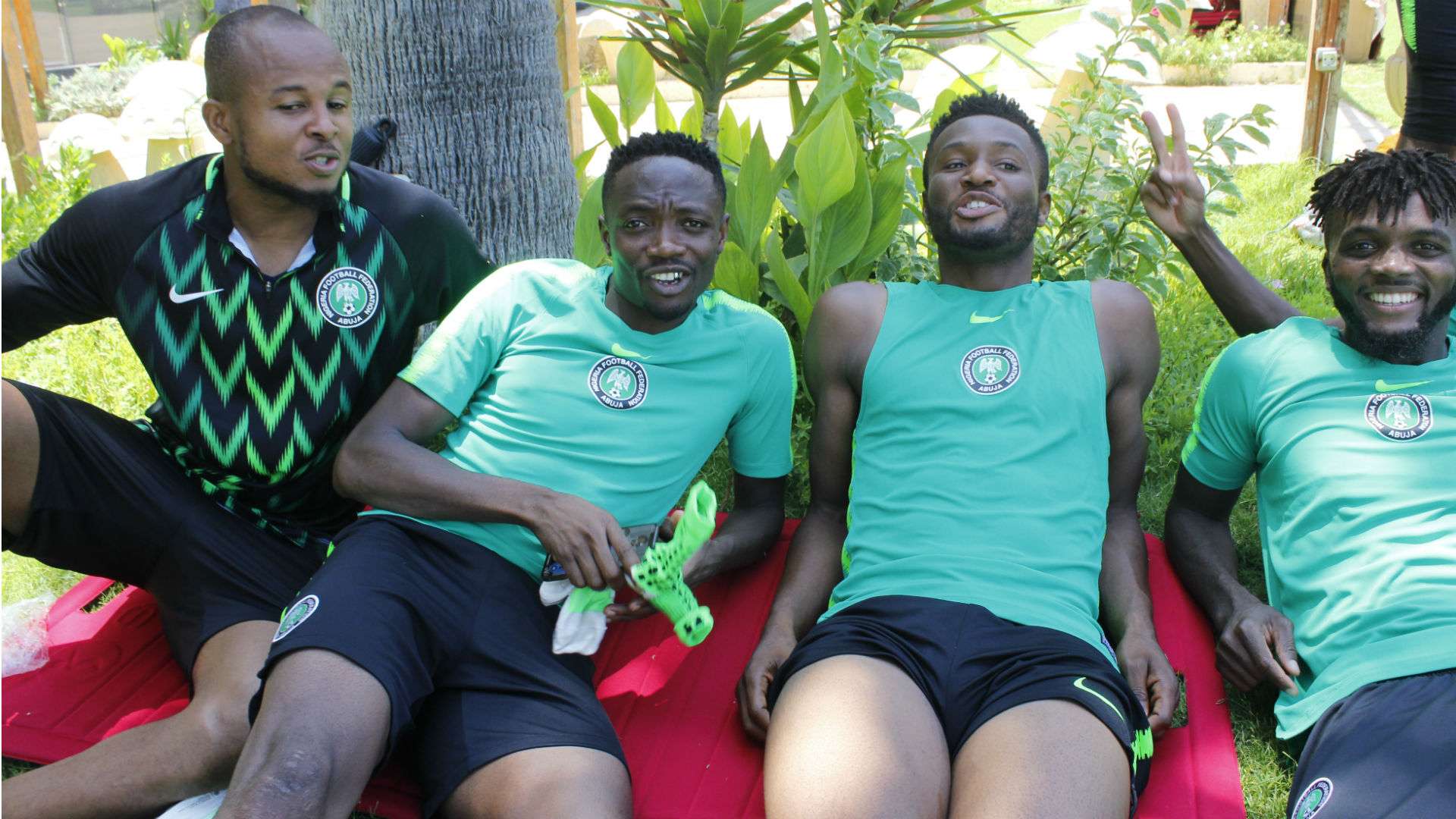 Shina Oludare
Shina Oludare
It is also important to remember players are away from home. In recent years, we have seen more federations allow players to spend time with their families during tournaments. Keeping contact with home, with family and friends and immediate support structures can help players adjust to tournament lifestyles. ‘
The British press recently reported Phil Neville requested his player's rooms to be decorated with pictures of their family. Fifa required referees at tournaments to spend time speaking to their families. While seemingly a simple tool, this can enhance the psychological state for players and help them feel more supported which will help them perform better.
Success in tournaments is dependent on building a team and ensuring morale is high, players are physically and psychologically in the right state and that the technical teams have planned well but are willing to adapt things based on the dynamic environment.
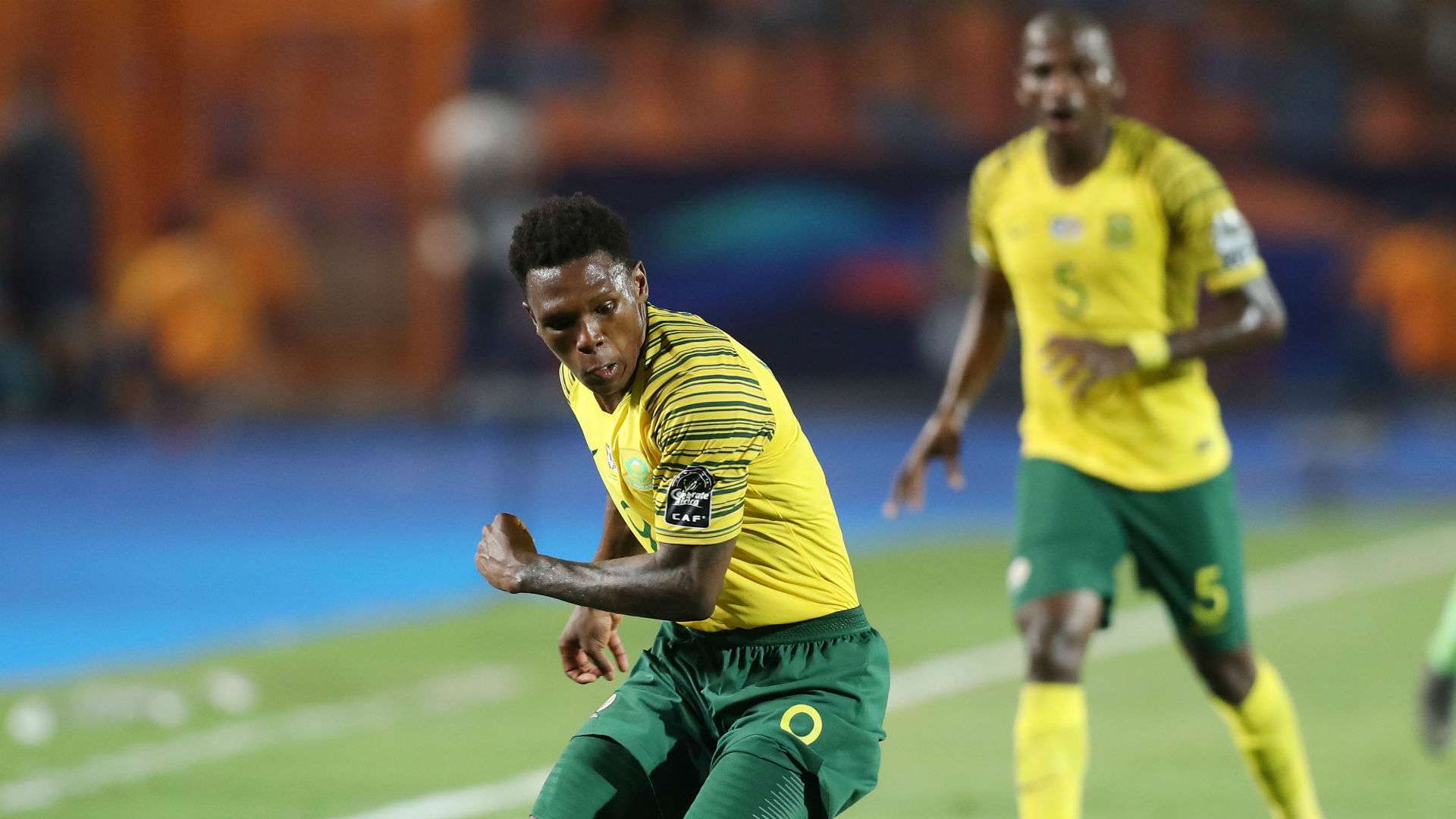
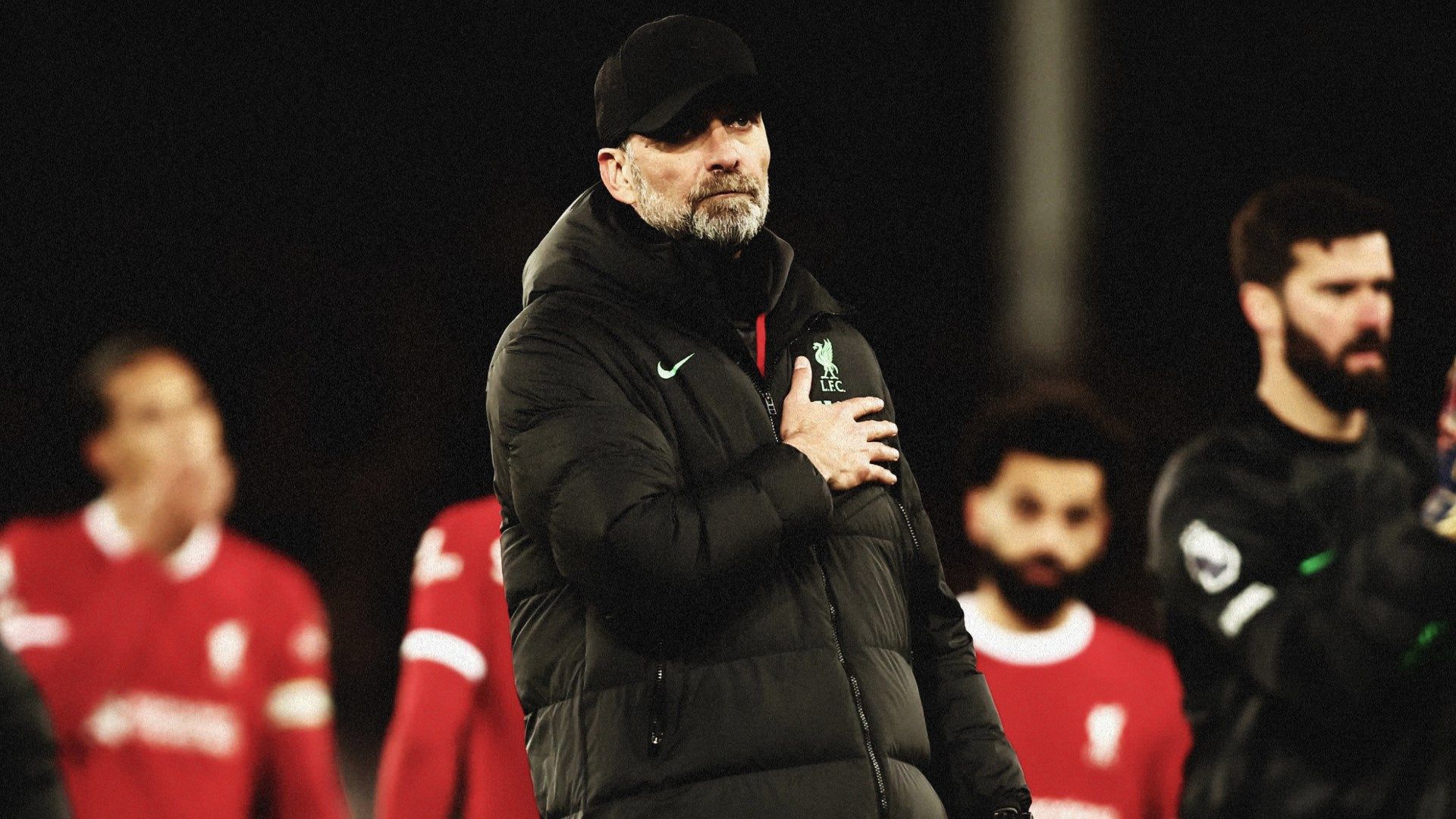.jpg?auto=webp&format=pjpg&width=640&quality=60)
.jpg?auto=webp&format=pjpg&width=640&quality=60)
